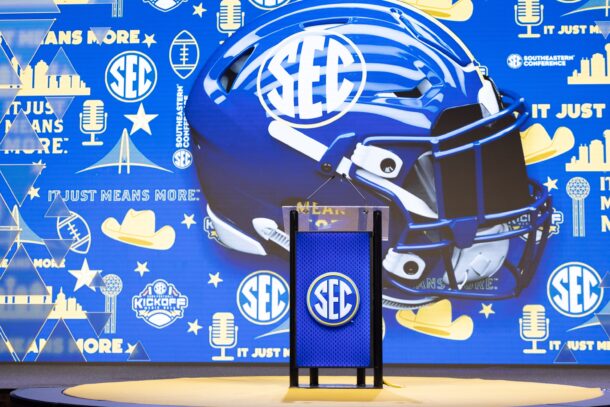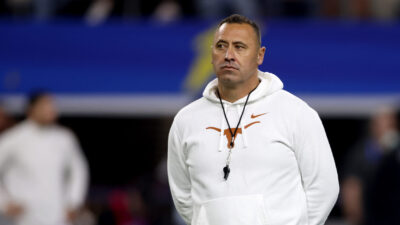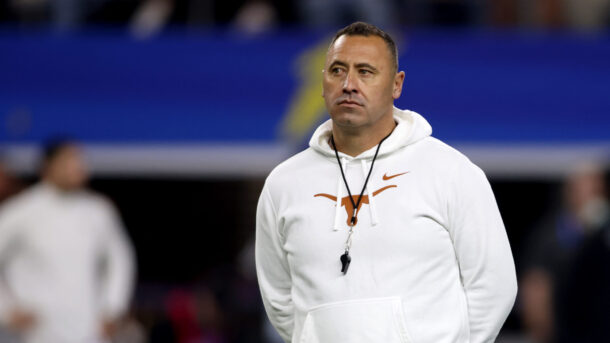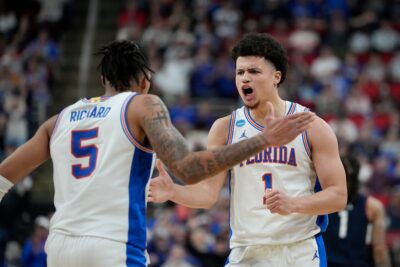Ad Disclosure
Power conferences launching organization aimed at salary cap enforcement, per report
By Paul Harvey
Published:
The entire world of college athletics is preparing for a brand-new era that will be embarked upon this year, and the power conferences are reportedly trying to take enforcement into their own hands.
Over the summer, college athletics will enter into the first-ever instance of programs being able to pay players directly. When passed, the massive antitrust settlement will establish a limit that programs will be allowed to pay athletes on an annual basis, just north of $20 million at the start.
While it seems like a step in the right direction, ESPN’s Dan Wetzel and Pete Thamel recently chronicled the thoughts of some prominent head coaches, including Rick Pitino and Matt Painter, who expressed zero faith in a “flawed” system before it even gets rolling. Issues of how to regulate the system persist in the minds of many, leading the power conferences to launch their own regulation system for NIL deals by their schools.
Here’s how it is described in ESPN’s story:
To help keep wealthier teams from using boosters or NIL collectives to gain an advantage by exceeding the cap, the NCAA’s power conferences are creating a clearinghouse, separate from the NCAA, to approve future NIL deals between players and boosters. The House settlement states that athletes have to report any NIL deal they sign with a third party that is worth more than $600 and that any such deal has to be for a “valid business purpose.”
RELATED: Considering trying Daily Fantasy Sports? Be sure to check out our Underdog Fantasy review to find out all the best games and options from one of the top DFS operators!
To review the NIL deals, the power conferences will work with auditing giant Deloitte to “decide whether each is a legitimate endorsement contract” or some other attempt to get around the salary cap. Data from past endorsement deals will be utilized to decide if a deal exceeds the fair market value for players.
However, further issues persist within that model with “fair market value” continuing to shift, and the true value of players ultimately boiling down to whatever someone is willing to pay for said player.
Along with that formula, the power conferences are reportedly launching a new organization strictly tasked with enforcing the salary cap. This is significant as the organization would be entirely separate from NCAA enforcement, largely due to what has been viewed as a lack of efficiency, transparency and equal treatment of offenders through NCAA enforcement.
According to ESPN’s reporting, the architects of the model believe cooperation from programs will occur after a “relative lawlessness” was pervasive throughout college athletics over the past few years. However, it remains to be seen if that becomes reality if a major national title contender is facing the loss of players or a postseason ban.
We’ll see how the new model works and if programs are truly ready to play ball or if it will be just another race to try and circumvent the latest rules in place.
Paul Harvey lives in Atlanta and covers SEC football.




